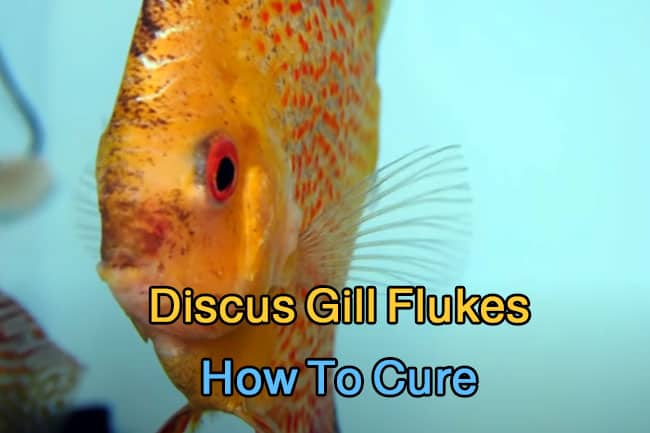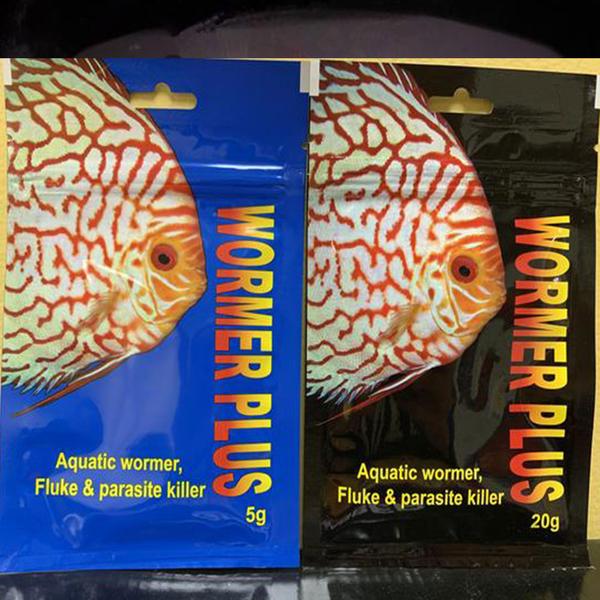KingJamesIII
New Member
My glofish tetra is one of 4 tetras in my aquarium. It is the only one who is constantly opening and closing its mouth at a fast rate. I will admit I have some platys in here and balloon mollies.. I am new to fish and learned my water needs different fish. They have been surviving just fine though. Had most my fish for 6 months now. Anyways, I added a 50% water change 2 days before the glofish joined the community. He is the only fish doing this and is only a few days old in the tank. He also does not eat!! I’m thinking he might need more glofish to feel secure? I have clean water my ph is around 7, I have a gh of 75 ppm, low alkalinity and nitrite levels.. anyone have any ideas?





